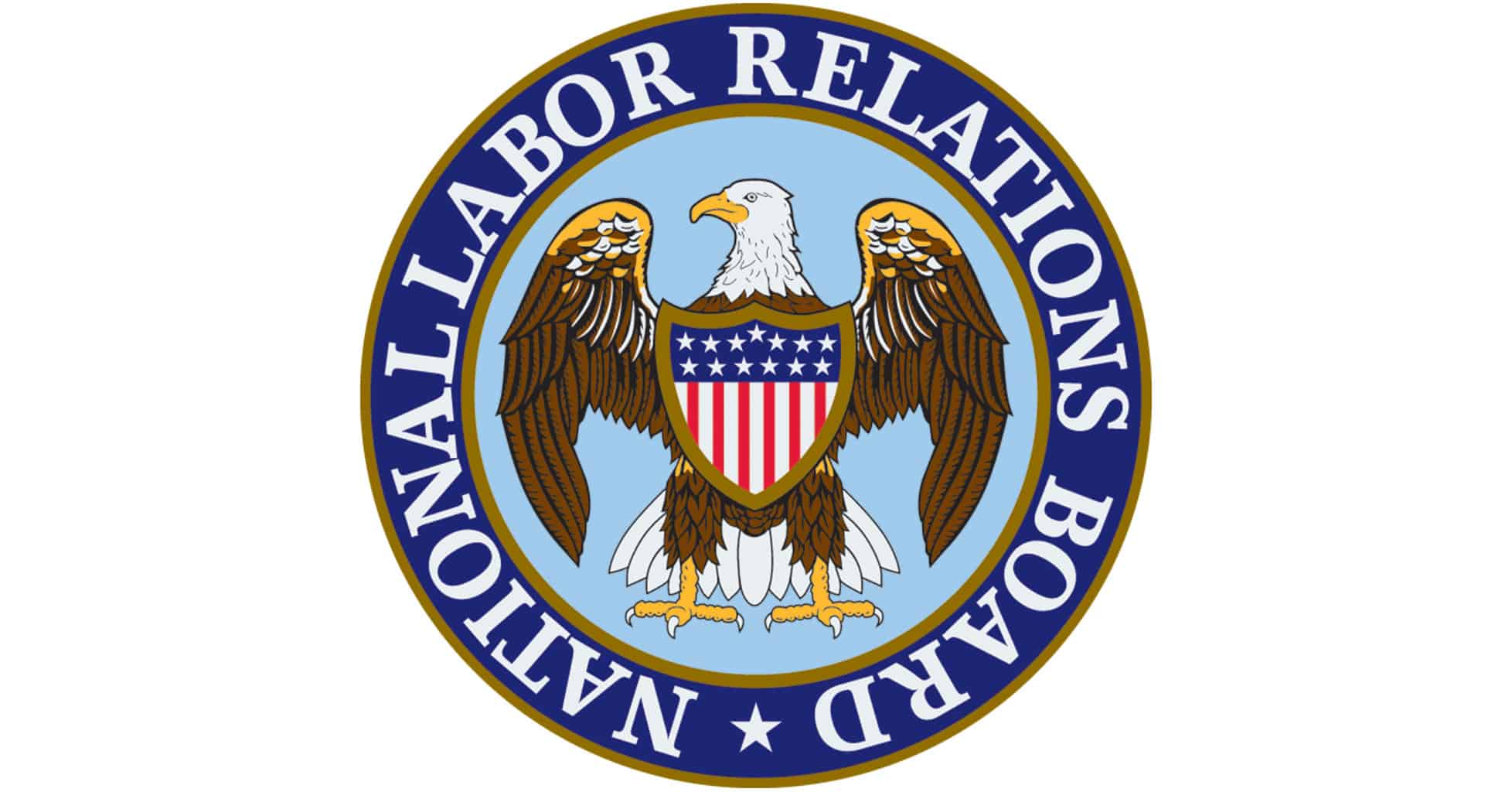NLRB Restores Commonsense Joint Employer Standard

 During the past eight years, the Obama National Labor Relations Board (NLRB) tilted labor-management relation precedent far in favor of labor unions. This came in the form of overturning thousands of years of precedent that stacked the deck for the benefit of Big Labor. As a result, worker choice and employer flexibility suffered.
During the past eight years, the Obama National Labor Relations Board (NLRB) tilted labor-management relation precedent far in favor of labor unions. This came in the form of overturning thousands of years of precedent that stacked the deck for the benefit of Big Labor. As a result, worker choice and employer flexibility suffered.
Now, a majority-Republican NLRB is beginning to restore longstanding precedent that was upended over the past few years.
On December 14, the NLRB overruled the Board’s 2015 decision in Browning-Ferris, and brought back the traditional standard for determining joint employer liability. The pre-Browning-Ferris standard requires one company to exercise direct and immediate control, and to do so in more than a limited and routine manner, over essential terms and conditions of another employer’s workforce, in order to establish a joint employer relationship.
The Browning-Ferris standard broadly expanded joint employer liability, under which a joint employer relationship could be established when one employer exercised indirect control in a limited or routine manner or possessed unexercised potential control over workplace conditions.
Returning to the traditional joint employer standard is crucial because the Browning-Ferris decision created near-unlimited liability for employers. Further, the ill-defined standard caused confusion over what action actually triggered joint employer liability for employers that hire contractors.
In short, the pre-Browning-Ferris standard threatened to upend thousands of business-to-business relationships, impacting millions of employees in the process.
Without this reversal by the NLRB, many larger businesses would stop contracting with independent contractors to provide services like security, accounting, and janitorial services. Working with contractors allows businesses to contract out these non-core functions and creates opportunity for independent small businesses that are responsible for a great deal of new jobs created in the U.S.
Another industry that would have greatly suffered under the Browning-Ferris decision is franchising and the workers they employ. As I previously wrote:
[F]ranchisors will face pressure to mitigate the rising cost of doing business. They may directly operate more stores, forgo expansion plans, close stores, decrease franchising opportunities, or increase the entry cost for franchisees. Looking ahead, there’s bound to be a ripple effect. Fewer entry-level job opportunities hurt workers now and into the future, because an early start in the workforce is crucial to future success.
For decades, determining who’s the boss was easily understood by the regulated community, which allowed the franchise model and other business to business relationships to thrive. That standard is back and employers, for now, no longer have to deal with the uncertainty created by the Browning-Ferris decision.
It is an excellent development that the NLRB has returned to a commonsense joint employer standard. However, if it is to stay that way, it is crucial for Congress to cement this policy.
Due to the nature of the NLRB, with the executive branch choosing a majority of board members, bad policies are always around the corner absent a more permanent legislative fix. It is vital that labor relations law creates stability and certainty; a statute that clearly defines a joint employer relationship would do just that.
A legislative vehicle to achieve this end already exists, the Save Local Business Act (H.R. 3441), which has already passed the House. If Congress and the Trump administration are serious about job creation and economic growth, solidifying the traditional joint employer standard is a good place to start.